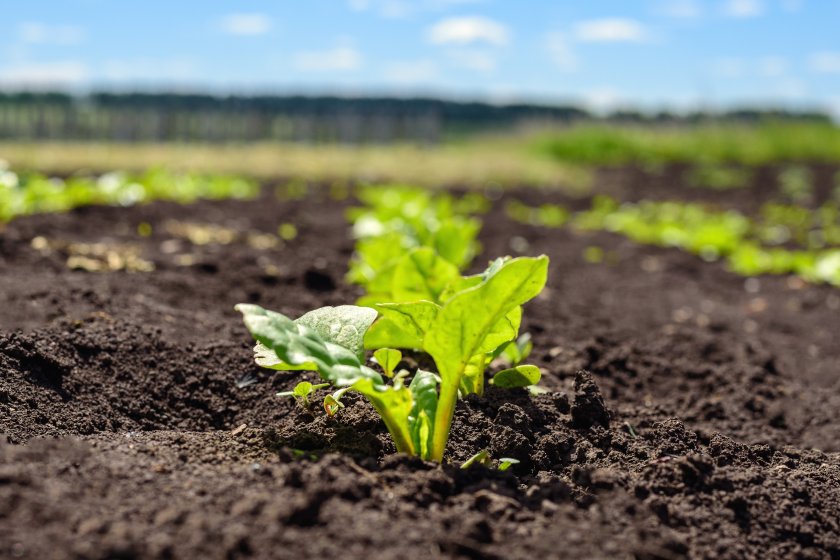
Greater investment is needed in monitoring crop diseases and the insects that spread them, alongside support for growers facing losses, a new report says.
It makes 24 recommendations to mitigate the impact of viral and bacterial epidemics, strengthen UK crop resilience and protect food production.
Numerous key areas are covered, such as early disease detection, containment, mitigation strategies, and funding for recovery efforts.
Proposals include increased funding for disease surveillance and response, as well as a review of the Plant Health Risk Register to provide a more comprehensive overview of grower threats.
The Keele University report also calls for greater investment in AI-based prediction tools to assess disease risk at specific sites.
The research focused specifically on sugar beet and its vulnerability to diseases like Virus Yellows and Syndrome Basses Richesses (SBR).
Virus Yellows last reached epidemic levels in the UK in 2020, with the virus incidence rising to 100% in parts of Cambridgeshire during that year.
The economic cost to sugar beet growers was estimated to be £67 million in losses.
However, Professor James Bell of Keele University emphasised that the report's recommendations apply broadly to agriculture and horticulture across the UK.
He said: “A combined disease threat could seriously compromise our domestic sugar supply, as it has done on the continent.
"I am delighted that the E-Prep report is published because it will assist the sugar beet industry in its preparedness.”
Andrew Dear, of British Sugar, welcomed the "timely" report: "The findings will undoubtedly help improve understanding of the threat of SBR," he said.
"It is now for us, as an industry, to review the recommendations and work with experts, including the authors of the report, to develop mitigation strategies to combat the increasing threat of SBR.”
The report was prepared as part of a project led by Professor Bell, funded through UK Research and Innovation’s (UKRI) work to tackle infections around the world.
